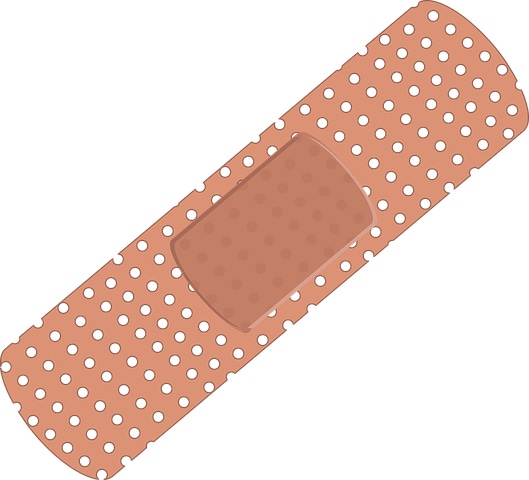A Temporary Fix for the EpiPen Crisis?
FDA has applied a bandage to help with the EpiPen shortage, but Mylan could have competition looming on the horizon from Teva Pharmaceuticals, a Petah, Tikvah, Israel-based firm that received approval for a generic form of the product earlier this month.
August 21, 2018

The ongoing saga of the EpiPen shortage crisis took a new turn today as FDA made a move to extend the expiration dates of certain lots of the allergy drug-device combo by four months.
The recent EpiPen shortage has caused FDA to extend the expiration dates of certain lots of the allergy drug-device combo by four months. The products effected are the EpiPen 0.3 mg Auto-Injectors and its authorized generic version. This measure by FDA was made after a review of stability data.
Mylan's product treats life-threatening allergic reactions by automatically injecting a dose of epinephrine, also known as adrenaline. The company developed the drug-device combo and partnered with Pfizer’s Meridian Medical technologies to manufacture the product.
The firms said patients should have confidence in using the products from these particular lots as it works to stabilize supply, which is anticipated in 4Q18.
The extension of the expiration dates does not apply to EpiPen Jr (epinephrine injection, USP) 0.15 mg Auto-Injectors and its authorized generic version of this strength. Patients should continue to adhere to the manufacturer’s expiry date labeled on EpiPen Jr 0.15 mg and Epinephrine Injection, USP Auto-Injectors 0.15 mg products.
“We are doing everything we can to help mitigate shortages of these products, especially ahead of the back-to-school season,” Janet Woodcock, M.D., director of FDA’s Center for Drug Evaluation and Research said in a release. “We’ve completed the necessary reviews of the data to extend the expiration date by four months for specific lots of EpiPen that are expired or close to expiring. We’re hopeful this action will ensure patients have access to this important medication and provide additional peace-of-mind to parents as the agency works with the manufacturer to increase supply.”
Back in May, Mylan said it had alerted FDA that there could be trouble in getting the EpiPen prescriptions filled after manufacturing problems with its partner Pfizer, constrained supply. There were also shortages in Canada and Britain that were reported in April, according to a Reuters article.
New Developments with autoinjectors
Recently, FDA approved a generic version of the EpiPen that will be manufactured by Teva Pharmaceuticals.
“[The] approval marks an important step forward in bringing patients an additional epinephrine auto-injector option and furthers our commitment to accessibility to quality products for the patients who need them," Brendan O'Grady, executive VP, North America Commercial for Teva said in a release.
Teva did not specify when the product would hit the market but did say that it was applying its "full resources" to the launch in the coming months.
Earlier this month, Pfizer made headlines when it was revealed that it would be working on a combination drug-device rescue pen using Antares’ Quick Shot Device. However, details surrounding the product are being held close to the vest as the companies have not yet disclosed what drug the device will deliver.
Controversial Product?
Mylan’s EpiPen has been at the center of controversy before - mostly related to pricing.
Last year, MDDI reported that the $465 million settlement agreement that Mylan reached with the Department of Justice for claims of defrauding the government by overcharging Medicaid for EpiPen auto-injectors has been finalized.
Mylan was accused of misclassifying the drug-device combo as a generic product with the Centers for Medicare and Medicaid Services when it should have categorized it as a brand-name product. In doing so, Mylan paid state Medicaid programs far less in rebates because the rebate for a generic drug is 13% of the average manufacturer price while the rebate for a brand-name drug is 23.1%.
According to the lawsuit, Medicaid spent $960 million on EpiPen between 2011 and 2015 before the rebate and $797 million after the rebate.
About the Author(s)
You May Also Like




